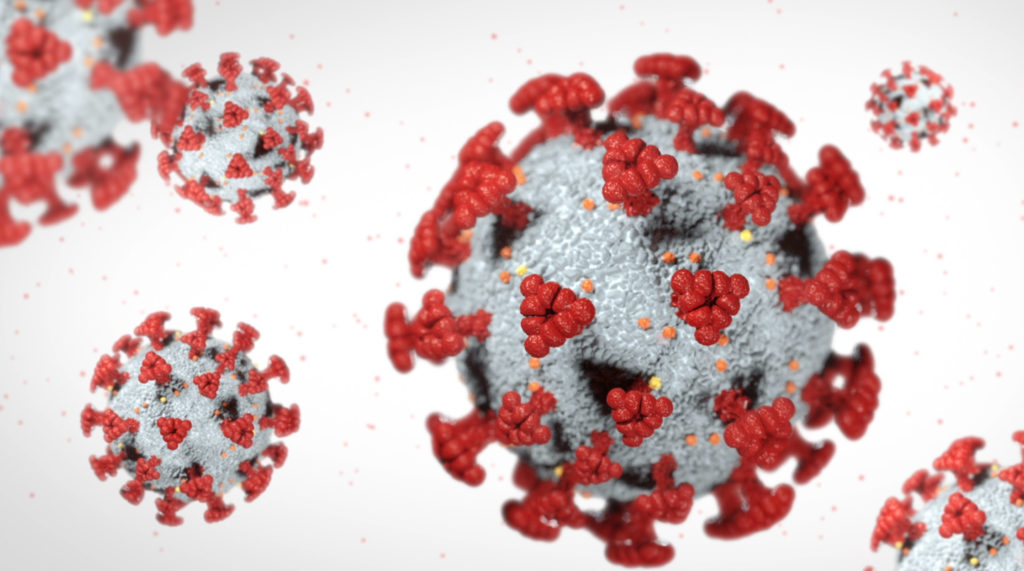Geneva/New York, February 9 – The World Health Organization has launched a global campaign to raise $23 billion which it said would put an end to the pandemic as a global emergency in 2022. WHO said the launch amounts to a new financing framework based on the ‘fair share’ of financing that each high-income country should contribute to the ACT-Accelerator’s global response.
The Access to Covid-19 Tools (ACT) Accelerator (see ACT-Accelerator) is a partnership of leading UN agencies that is providing low and middle-income countries with tests, treatments, vaccines, and personal protective equipment. WHO said ‘fair shares’ are calculated based on the size of their national economy and what they would gain from a faster recovery of the global economy and trade.
“The end of this pandemic can be within our sights – this year,” UN Secretary-General Antonio Guterres said of the launch. “We can get the economic recovery back on track and rescue the Sustainable Development Goals. But we need to act now.”
“Vaccines, tests and effective treatments are available. Yet many low and lower middle-income countries are still not getting these pandemic-ending tools to protect their families and communities – and our world. Until and unless we can ensure access to these tools, the pandemic will not go away, and the sense of insecurity of people will only deepen. We have the systems to accelerate the rollout of these essential tools.”
The launch in Geneva attended by national and international organization leaders came at a time when Omicron cases have declined and popular protests mounted against continued pandemic restrictions. Covid-19 deaths have remained high in some countries.
WHO said in a press release that the campaign aims at meeting the ACT-Accelerator’s funding gap of $16 billion and $6.8 billion in-country delivery costs to take vital steps towards ending the pandemic as a global emergency in 2022.
The press release said the ACT-Accelerator is calling for “the support of higher income countries, at a time when vast global disparities in access to Covid-19 tools persist. Over 4.7 billion Covid-19 tests have been administered globally since the beginning of the pandemic. However, only about 22 million tests have been administered in low-income countries, comprising only 0.4 per cent of the global total. Only 10 per cent of people in low-income countries have received at least one vaccine dose. This massive inequity not only costs lives, it also hurts economies and risks the emergence of new, more dangerous variants that could rob current tools of their effectiveness and set even highly-vaccinated populations back many months.”
“The rapid spread of Omicron makes it even more urgent to ensure tests, treatments and vaccines are distributed equitably globally,” said WHO Director-General Dr Tedros Adhanom Ghebreyesus. “If higher-income countries pay their fair share of the ACT-Accelerator costs, the partnership can support low- and middle-income countries to overcome low COVID-19 vaccination levels, weak testing, and medicine shortages. Science gave us the tools to fight COVID-19; if they are shared globally in solidarity, we can end COVID-19 as a global health emergency this year.”
See important links:
· Consolidated Financing Framework for ACT-A Agency & In-Country Needs: www.who.int/
· ACT-Accelerator ‘fair share asks’ – by country: www.who.int/
United Nations correspondent journalists – United Nations correspondent journalists – United Nations correspondent journalists
United Nations journalism articles – United Nations journalism articles – United Nations journalism articles

